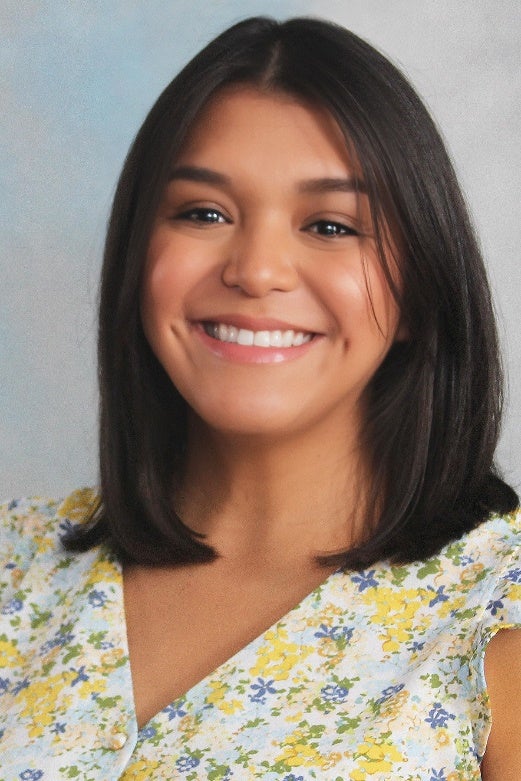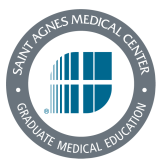How to Apply
We are committed to providing a rigorous year of general medical training that is thorough, comprehensive and provides broad exposure to a diverse patient population. In creating this stimulating program, we have built a high degree of flexibility into the structure of our rotations for the course of an academic year. Self-motivated and grounded individuals with a strong work ethic and a passion for learning will be the best fit for this program.
Participation in a Transitional Year Residency can lead to acceptance into competitive specialty programs, including:
- Anesthesiology
- Dermatology
- Neurology
- Physical Medicine & Rehabilitation
- Preventative Medicine (includes Aerospace Medicine and Occupational Medicine)
- Radiology (includes Diagnostic and Interventional)
- Radiation Oncology
Requirements
Our Transitional Year program is highly competitive, so a record of high academic achievement is required for acceptance. We review the following types of academic records:
- USMLE or COMLEX exam scores and number of attempts
- Medical School grades and exam scores
- Scholarly activity in the applicant’s specialty of choice
Interview Selection
Applications are only accepted via the Electronic Residency Application Service (ERAS). Every year approximately 700-800 medical students and post-graduates apply to our program. These applications are screened by the criteria outlined above to determine which candidates will be interviewed.
Interviews are typically conducted between October and January. Invitations are released in several batches, so it is important to monitor your electronic communications to ensure you confirm an interview slot if an invitation is extended to you.
Appointment
Residents must meet all the requirements listed below for acceptance and successful completion of our Transitional Year Residency (PGY1).
Professional Standards
Display integrity and honesty. It is an expectation that residents will be forthright and honest in their interactions with professional colleagues including faculty and fellow residents. If it is discovered that a resident entered the residency using falsified information, they would be subject to immediate termination from the program.
- Arrive for scheduled shifts on time and ready to work.
- Possess the emotional stability to function in a dynamic workplace environment where patient care demands may change rapidly.
- Display an understanding of medical ethics in patient care. This will involve demonstrating compassion, altruism, integrity and tolerance.
- Refrain from the use of mind-altering substances while scheduled for duty. Furthermore, the resident will not consume alcoholic beverages within eight hours of a scheduled shift.
- Submit requested documentation to the hospital and residency administrative staff promptly.
Intellectual Standards
- Residents should exhibit conceptual, interactive and quantitative abilities for problem-solving and diagnosis.
- The ability to conduct a complete history and physical examination. This includes the ability to communicate with patients.
- Cognitive abilities to learn and synthesize educational materials provided by faculty.
Sensory-motor Standards
- Perception of the signs and symptoms of disease on physical examination using tactile, auditory and visual means.
- The ability to visually process information conveyed by radiologic and other non-invasive imaging modalities.
- The physical strength to walk, move patient beds and equipment, and other activities as required for safe patient care in the clinical environment.
- The mobility and physical strength to respond to patient care emergencies promptly without the use of an elevator, if the situation dictates, and provide resuscitation services to a patient in extremis.
Questions?
Contact our program coordinator for any additional program questions.

